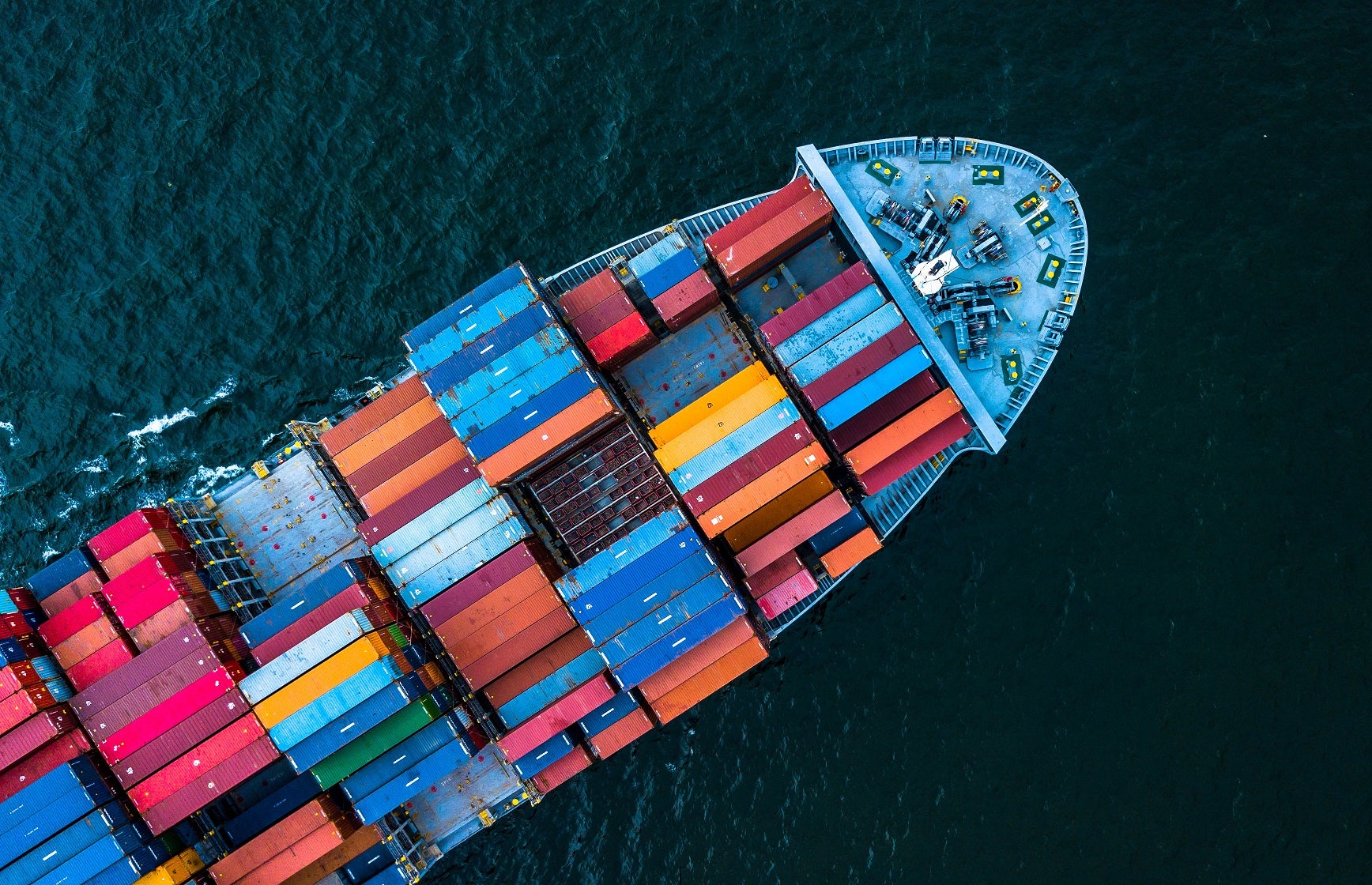
The UK government’s free trade agreement (FTA) with Australia which will see goods – including food and drink products – moving between the countries tariff-free has come under fire from an influential Parliamentary committee.
The deal, agreed in December, was the first FTA signed by the UK unilaterally following Brexit, its departure from the European Union, in January 2020.

Discover B2B Marketing That Performs
Combine business intelligence and editorial excellence to reach engaged professionals across 36 leading media platforms.
But in a report on the deal published today (23 June), the House of Lords International Agreements Committee criticised the deal for, amongst other things, not protecting UK niche food and drink products – geographical indications (GIs) – such as Cornish pasties, Cornish clotted cream and Scotch whisky – as there is no protection in Australian law against rival products using these distinct produce names.
It also said the UK agriculture sector’s concerns about competing with Australian imports and environmental and animal welfare issues were not satisfactorily dealt with.
While welcoming the deal, the committee said: “Prioritising the speed of the negotiations may have come at the expense of using the UK’s leverage to negotiate better outcomes – for example, on geographical indications and the environment.”
It said it had heard concerns from UK farming organisations about the amount of competition it is likely to face from Australian imports.

US Tariffs are shifting - will you react or anticipate?
Don’t let policy changes catch you off guard. Stay proactive with real-time data and expert analysis.
By GlobalData“It remains to be seen whether the safeguards in the FTA are robust enough to ensure fair competition and effectively respond to potential surges in Australian agricultural imports,” it said.
The deal will allow Australian beef from deforested land and crops grown using pesticides which are currently banned in the UK into the country.
The report said there are “some instances where differences in production and animal welfare standards could lead to UK farmers competing on an unlevel playing field, particularly for Australian agri-food products grown using pesticides not permitted in the UK.”
It added: “Australian canola oil and chickpeas are produced using insecticides or fungicides banned in the UK” and “are likely to be imported in larger volumes due to tariff reductions.”
The report also raised concerns over the “lack of ambition in the environmental chapter” and a lack of consultation with the UK’s devolved nations.
Baroness Hayter, the committee’s chair, said: “Whilst there are elements of the environment chapter which we welcome, the Government should take disappointment from UK stakeholders seriously.”
She added: “We remain concerned about the adequacy of the information shared with the devolved administrations regarding reserved matters and call on the Government to ensure that consultation with the devolved administrations and legislatures is comprehensive and timely, and that they are involved throughout the negotiations, including on reserved matters.
“There is a risk that this agreement could set a precedent for the negotiations with countries, particularly with other large agricultural producers, such as the US, Canada, Mexico, Argentina and Brazil. This is why we are urging the Government to set out a clear policy against which future negotiations can be measured.”
The report will be debated in the House of Lords on 11 July.
Just Food asked the UK’s Department for International trade (DIT) for a response to the committee’s comments.
A DIT spokesperson said: “Our trade strategy is set out in DIT’s Outcome Delivery Plan, as well as the Plan for Growth and Integrated Review.
“We are latching the UK economy to the fast-growing markets of tomorrow in the Indo-Pacific and seizing the huge economic opportunities as an agile, independent trading nation.
“Our ambitious deal with Australia includes an environment chapter which goes beyond all other previous Australian FTAs. It reaffirms our shared commitment to the Paris Agreement and will help tackle climate change by creating new opportunities to grow the low-carbon economy.”





